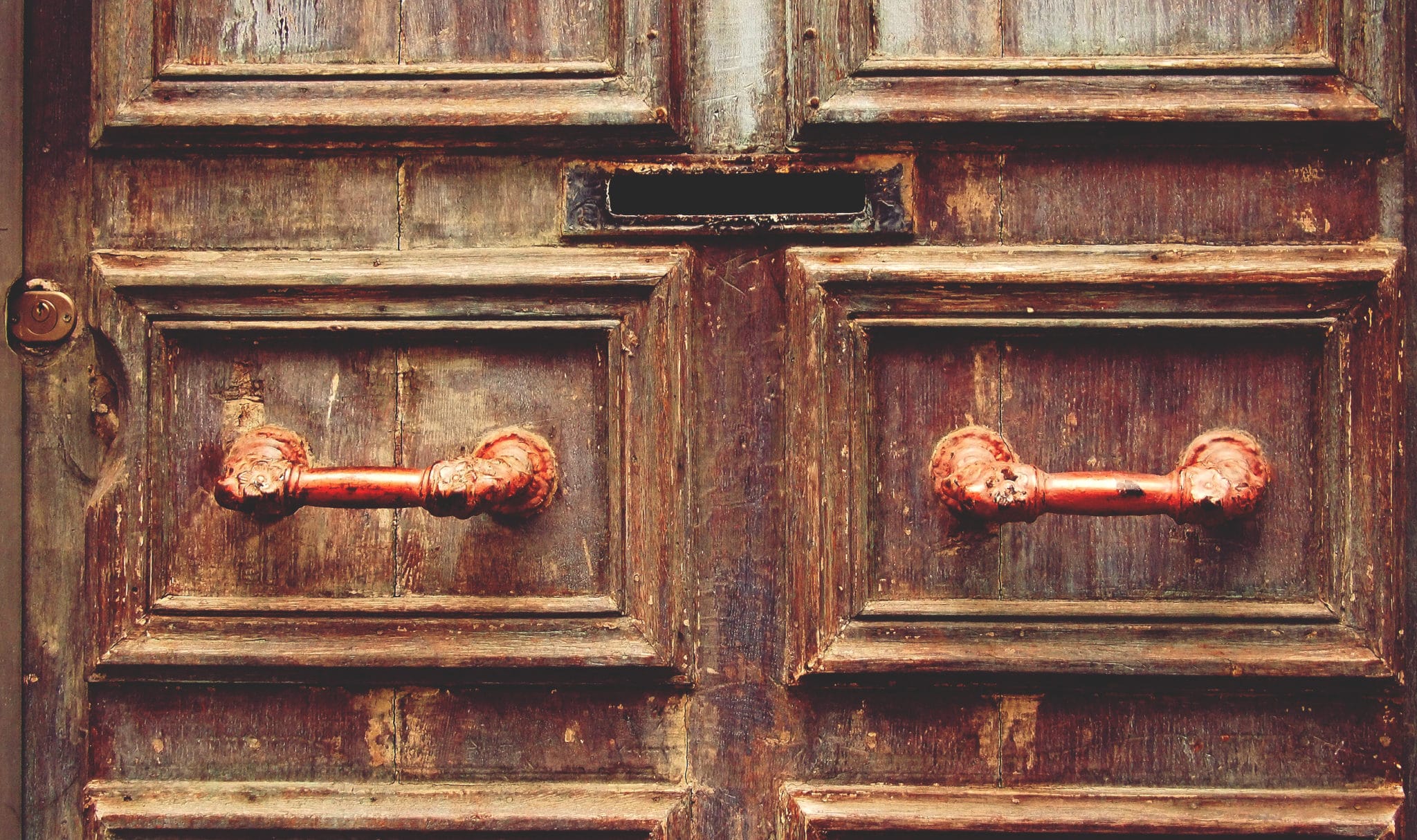And when Moses would enter the Sanctuary to speak with [G-d], he would hear the voice speaking to him from above the cover of the Ark of Testimony, from between the two kruvim; and it spoke to him [only].
Numbers 7:89
One might think that this (the fact that only Moses heard the voice of G-d) was because the voice was low. So the verse stresses that it was “the voice”—the same voice that spoke to him at Sinai. But when it reached the doorway it stopped, and did not extend outside of the Sanctuary.
Rashi, ibid.
A basic tenet of the Jewish faith is that man has been granted the freedom to choose between good and evil, between adherence to his divinely ordained mission in life and rebellion against, or even denial of, his Creator. As Maimonides writes,
“Were G-d to decree that a person be righteous or wicked, of if there were to exist something in the essence of a person’s nature which would compel him toward a specific path, a specific conviction, a specific character trait or a specific deed…how could G-d command us through the prophets ‘do this’ and ‘do not do this,’ ‘improve your ways’ and ‘do not follow your wickedness’…? What place would the entire Torah have? And by what measure of justice would G-d punish the wicked and reward the righteous…?”[12]
This is the deeper significance of the divine voice’s “short stop” at the doorway of the Sanctuary. At Sinai, the words “I Am G-d your G-d” resounded throughout the universe, permeating every creature and creation.[13] At that moment, there was no possibility of doubt in G-d’s reality or of nonconformity to His will.[14] But then the world fell silent, and the voice retreated to hover about the “Ark of Testimony” that contains G-d’s Torah and confine itself to the four walls of the Sanctuary that houses it.
The volume was not lowered—the voice is no less infinite and omnipotent than it was at Sinai. One who enters the Sanctuary hears a voice that penetrates and permeates all, a voice that knows no bounds or equivocations. But one can choose to remain outside of the domain of Torah, to deny himself the knowledge and the way of life in which G-d makes Himself heard. One can choose to remain outside, in the field of G-d’s self-imposed silence. It is this choice that creates the challenge of life, making our every moral victory a true and significant achievement.
Based on an address by the Rebbe, Shabbat Naso 5725 (June 12, 1965)[15]
Adapted from the teachings of the Rebbe by Yanki Tauber
[12] Mishneh Torah, Hilchot Teshuvah, Chapter 5, Halachah 4
[13] Midrash Rabba, Shmot 5:9-10
[14] Indeed, for this reason our sages have said that we were, in effect, “forced” to accept the Torah: what other option was there in face of a divine revelation of such magnitude? It is only when we reiterated our commitment under conditions of divine self-concealment that this potential “contest” on our covenant with G-d was refuted (Talmud, Shabbat 88a, as per Torah Ohr, Esther 98d.)
[15] Likkutei Sichot, vol XIII p. 22-23.







